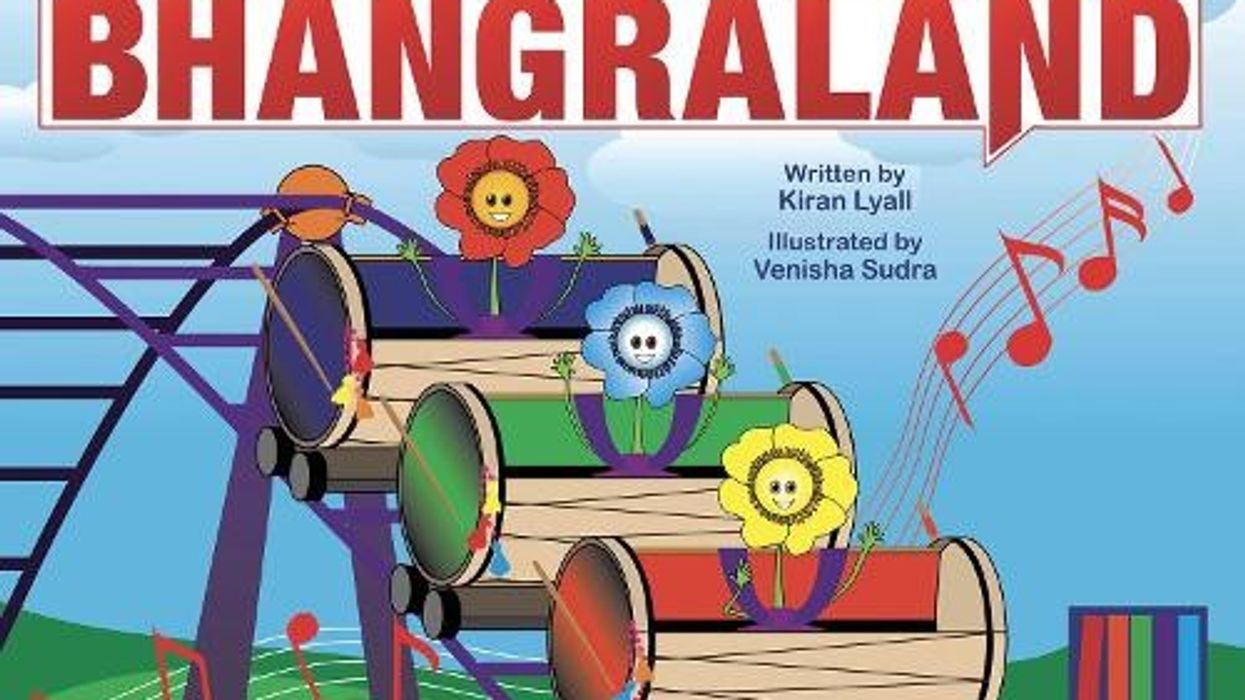MOST British Asian parents will often struggle to connect children to their cultural roots and a lack of early learning books certainly doesn’t help.
Children’s author Kiran Lyall has found imaginative ways to get young children to engage with their Punjabi roots through a fascinating range of books in her Funjabi Tuition series. These have included fun puzzle books, an easy-to-follow introduction to the Punjabi alphabet and ones that teach Punjabi words in an accessible way.
Among these books for the very young is a series following a family of friendly flowers known as The Pullpots. Each book focuses on a different subject and the latest of these as the title suggest is a fun one focusing on Punjabi musical instruments.
The book starts by introducing each character, before beginning with the story of the family of flowers visiting Bhangraland, where they encounter different Punjabi instruments. Then it concludes with a simple explanation of what each Punjabi instrument does and there is a song at the end, which connects with a beat produced on the Funjabi Tuition website.
The simply written and easy to follow words combine well with the colourful illustrations
by Venisha Sudra to create a book that will engage with young minds. They will form a connection with the illustrations, various interesting characters, and the knowledge this book is attempting to convey.
Just like other books in the series, it is a great starting point for parents who want youngsters to engage with their Punjabi culture at the vitally important early learning phase.
With the author offering a Punjabi tuition service and books that cover other areas, it is a perfectly unique package that won’t be found in most conventional bookshops and that is why it is well worth finding.




